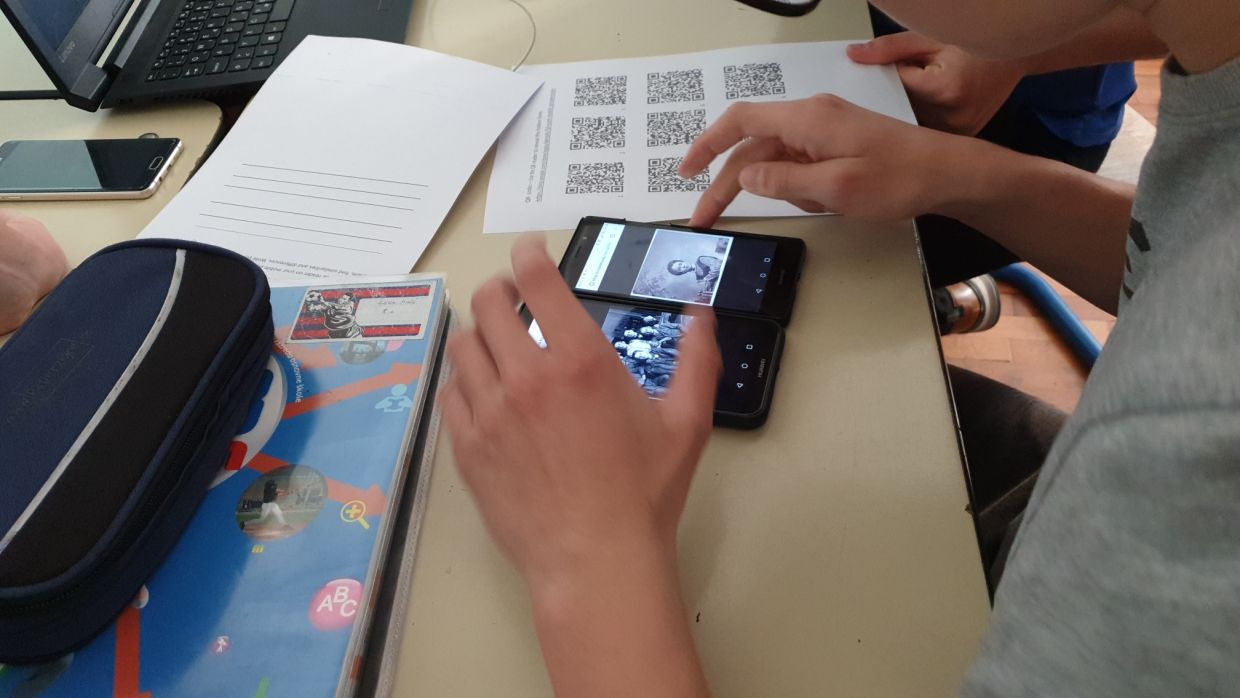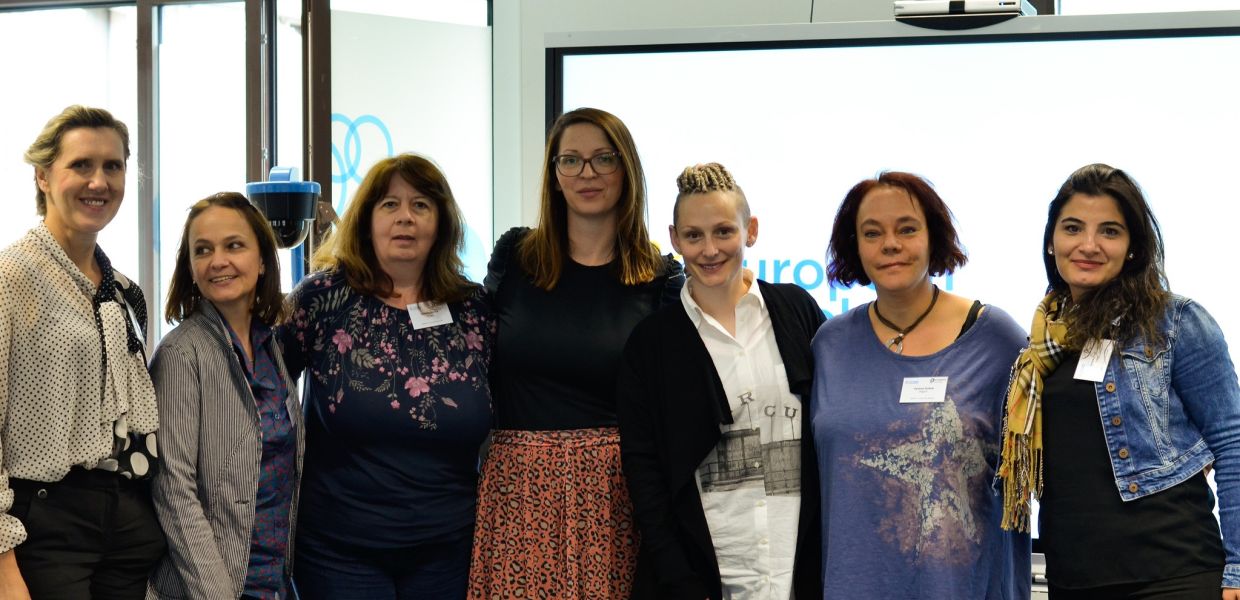Three Lessons from a Europeana MOOC moderator
This month on Europeana Pro News, as the academic year draws to a close, we’re looking back to see what we, and our education community, have learned over the last months. Today, Ivana Štiglec, an English and German teacher, moderator for the Europeana Massive Open Online Course, and a Europeana Teacher Ambassador in Croatia, gives us her top three lessons learned.

- Title:
- Mechanics: page to a partwork on science, with pictures of various machines. Coloured lithograph. Lettering: Illustrations of natural philosophy. Motion and machinery
- Creator:
- J. Emslie
- Date:
- 1850
- Institution:
- Wellcome Collection
- Country:
- UK
- Copyright:
- CC BY




